Global trade in soy has major implications for climate
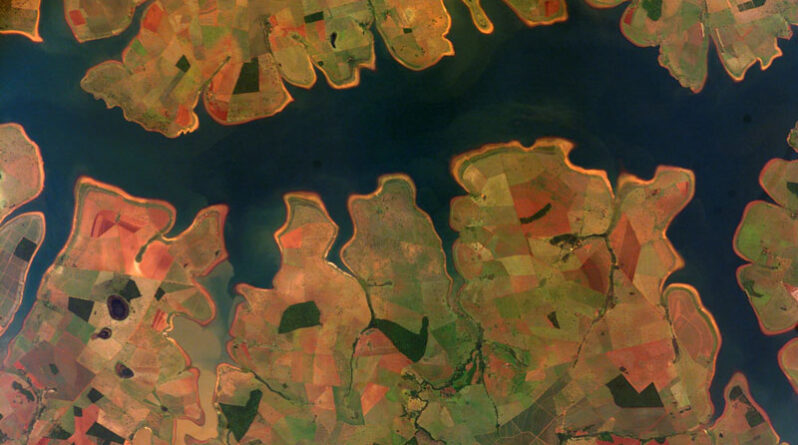
Global soy trade is a major source of greenhouse gas emissions for multiple reasons. The conversion of natural vegetation into arable land is probably the most important cause, but greenhouse gases are also released during the harvesting, the processing into derived products, the subsequent transport to ports of export and shipment.
California’s critical kelp forests are disappearing in a warming world. Can they be saved?
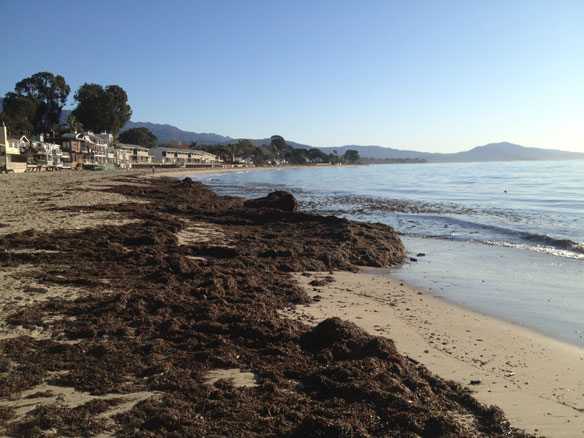
The “sequoias of the sea” suck up carbon and shelter special species. They’ve been hit hard, but scientists, surfers, and more are banding together to save them.
Wild animals enjoy freedom of a quieter world
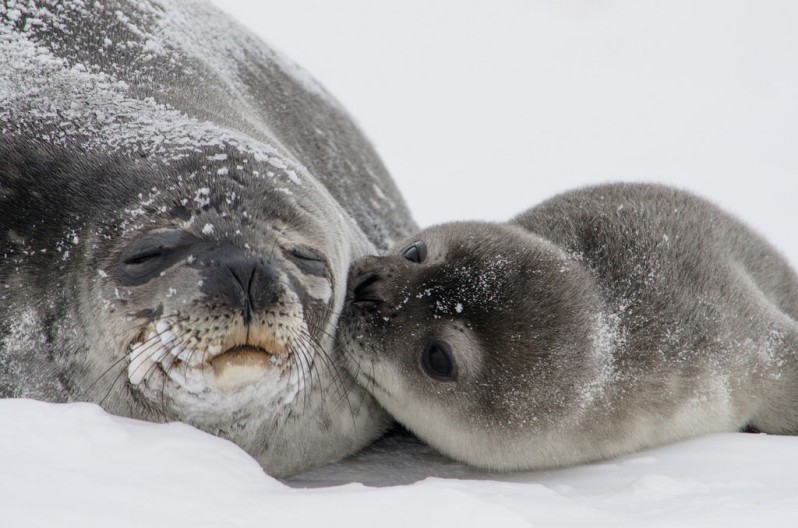
Coronavirus lockdowns globally have given parts of the natural world a rare opportunity to experience life with hardly any humans around.
Learn from past to protect oceans
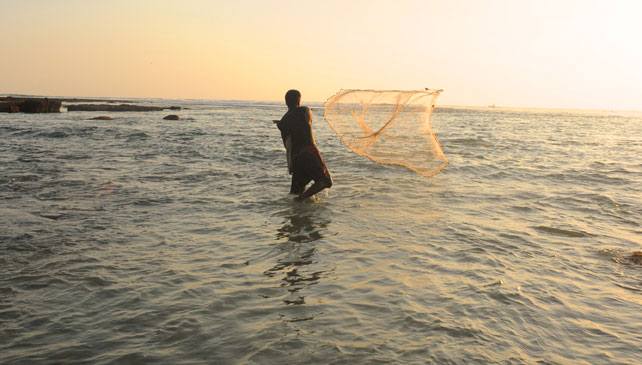
History holds valuable lessons – and stark warnings – about how to manage fisheries and other ocean resources, a new study says.
As sea levels rise, will drinking water supplies be at risk?
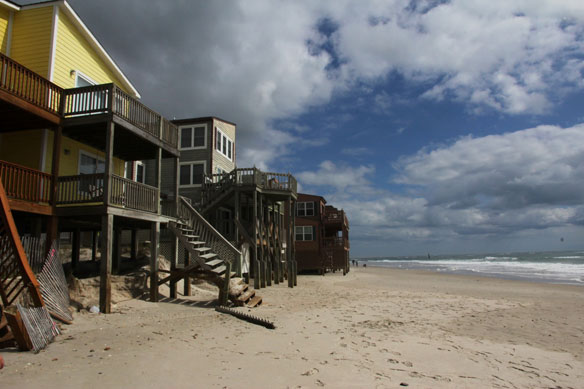
The Delaware River, a major source of drinking water for Philadelphia, is facing an emerging threat as rising seas push saltwater farther upstream. It’s a problem that other places, from Miami to Shanghai, will also confront, especially as increasing drought lowers river flows.
Sea turtles thriving in Thailand after beach closures
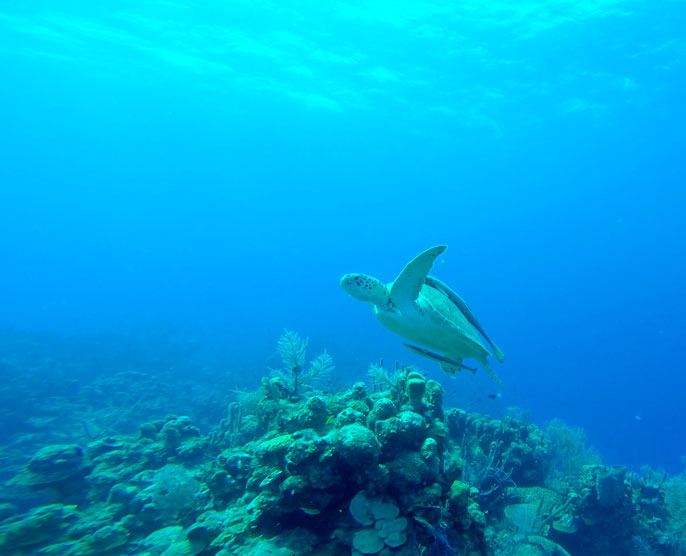
Wildlife around the world is enjoying the lack of human activity due to global lockdowns, and sea turtles in Thailand are part of the trend. Some Thai beaches have seen the largest number of turtle nests in two decades.
Jellyfish seen swimming in Venice’s canals
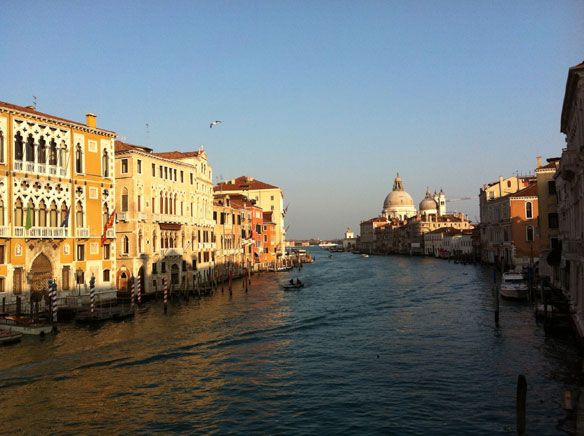
Spotting a beautiful jellyfish serenely swimming through near-transparent waters in the canals of Venice would’ve been an unthinkable sight just a few weeks ago, but the global standstill created by coronavirus has now made it possible.
North Pole soon to be ice free in summer
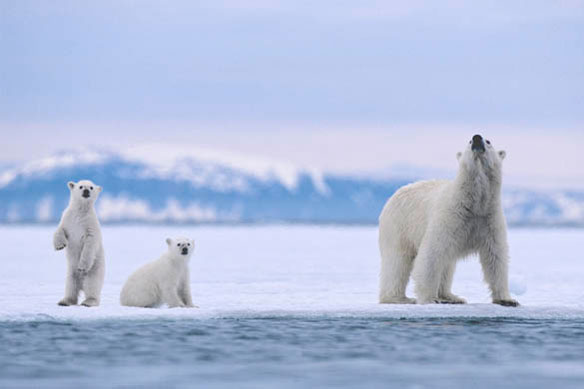
The Arctic Ocean in summer will very likely be ice free before 2050, at least temporarily. The efficacy of climate-protection measures will determine how often and for how long. These are the results of a new research study involving 21 research institutes from around the world.
‘We’ve been abandoned’: a decade later, Deepwater Horizon still haunts Mexico
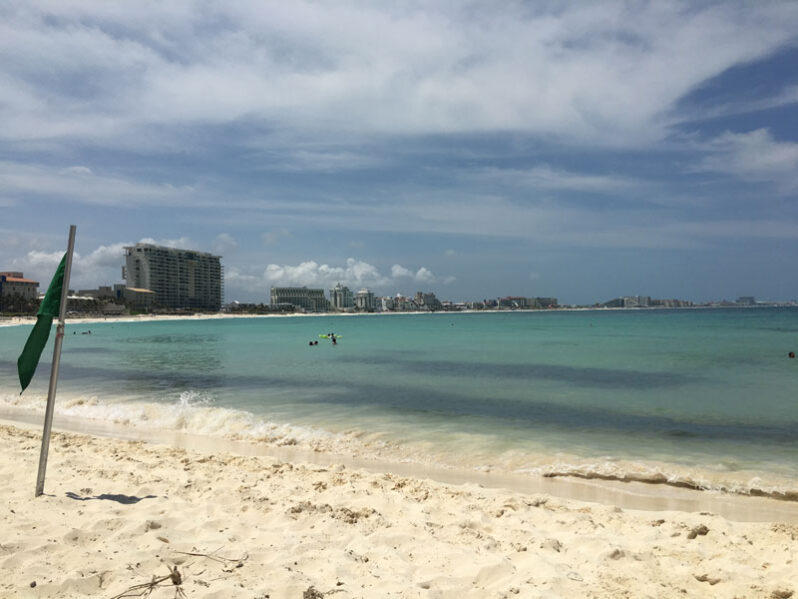
Amid public and political outrage in the US, BP took full responsibility for the worst oil spill of the 20th century. But BP denied the oil reached Mexico, claiming the ocean current propelled the huge spill in the opposite direction. However, fishermen and Mexican scientists knew this wasn’t true.
